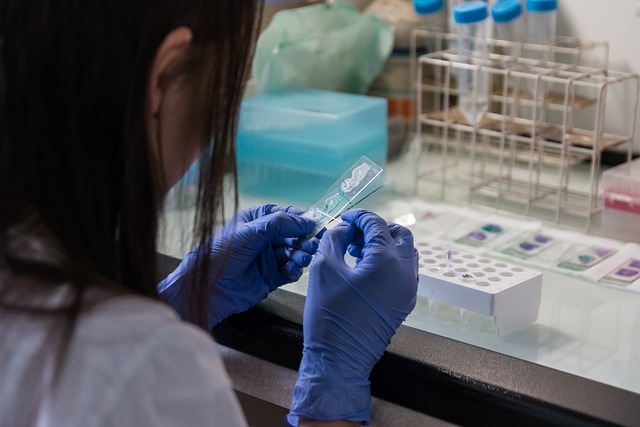Share This Article:

Case File
Because it looked like an injured worker signed a refusal to take a drug test under the misapprehension that it was a form to let her leave the hospital, an intoxication affirmative defense wasn't available to her employer. Simply Research subscribers have access to the full text of the decision.
Case
Parker v. Convergence Employee Leasing II, Inc., No. 24-004654NP (Fla. OJCC 11/11/24).
What Happened
A patient care technician for an assisted living facility was injured when a bed crank she was operating on a patient's bed malfunctioned and struck her on the head. She lost consciousness for several minutes and was taken to a hospital for treatment.
Before being discharged from the hospital, the technician signed a form indicating a refusal to undergo a post-accident drug test. Allegedly, the technician was unaware that the form signified her refusal to take a drug test.
Later, the technician learned that the carrier was requiring her to take a drug test before she could claim workers' compensation benefits, but she did not take one.
Rule of Law
Under Florida law, if an injured worker refuses to submit to a drug test, it is presumed in the absence of clear and convincing evidence to the contrary that the injury was occasioned primarily by the influence of drugs.
What the OJCC Said
The technician did not refuse to take a drug test, according to the OJCC, because the technician believed that the form she was signing was a refusal of any further medical treatment or testing so she could be discharged from the hospital.
The OJCC found the technician to be "sincere, credible, and believable" and attributed the drug test issues due to a lack of clear information being sent from the employer to the technician regarding the testing.
The OJCC awarded charges for the ambulance bill and reasonable attorney's fees and costs to the technician for establishing the compensability of the injury, legal responsibility for the ambulance bill, and for successfully defending the employer's affirmative defenses.
The Takeaway
While Florida law prohibits the payment of workers' compensation benefits for injuries occasioned primarily by the intoxication of the employee, an employer should make sure it's clear that the employee was refusing drug testing -- rather than under a misunderstanding -- before pursuing drug use as a possible affirmative defense.
AI california case management case management focus claims compensability compliance courts covid do you know the rule emotions exclusive remedy florida FMLA fraud glossary check Healthcare health care hr homeroom insurance insurers iowa leadership medical NCCI new jersey new york ohio osha pennsylvania roadmap Safety state info technology texas violence WDYT what do you think women's history women's history month workcompcollege workers' comp 101 workers' recovery Workplace Safety Workplace Violence
Read Also
- Apr 24, 2025
- Frank Ferreri
- Apr 24, 2025
- Liz Carey
About The Author
About The Author
-
Frank Ferreri
Frank Ferreri, M.A., J.D. covers workers' compensation legal issues. He has published books, articles, and other material on multiple areas of employment, insurance, and disability law. Frank received his master's degree from the University of South Florida and juris doctor from the University of Florida Levin College of Law. Frank encourages everyone to consider helping out the Kind Souls Foundation and Kids' Chance of America.
More by This Author
Read More
- Apr 24, 2025
- Frank Ferreri
- Apr 24, 2025
- Liz Carey
- Apr 24, 2025
- Claire Muselman
- Apr 24, 2025
- Chris Parker
- Apr 24, 2025
- Anne Llewellyn
- Apr 23, 2025
- Claire Muselman




